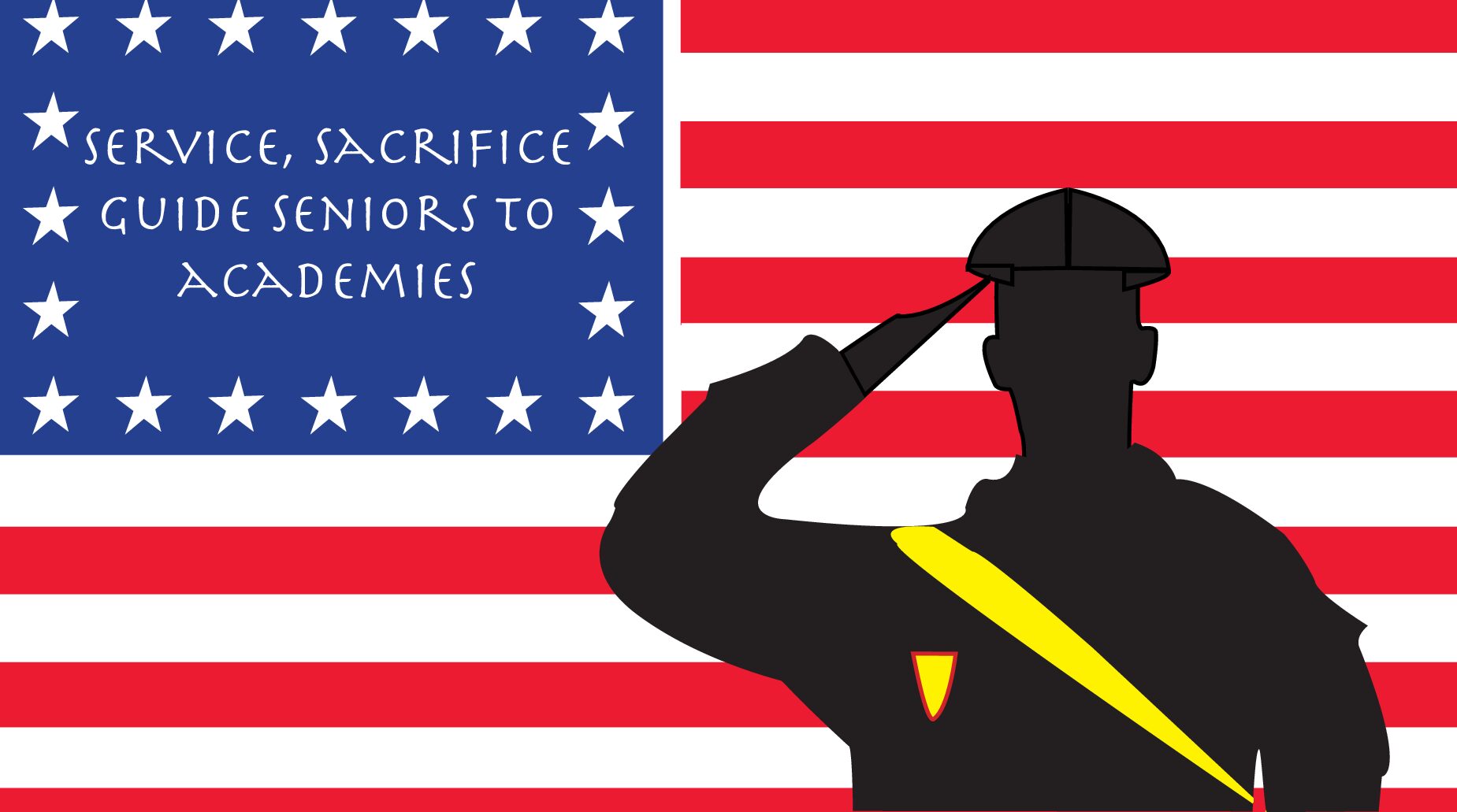Carter Ellis, Reporter
@carterecourant
To many adults, social media can seem like a time wasting outlet where high schoolers vaunt their exotic vacations, fun nights with friends, birthdays and college acceptances. However, to senior Olivia, social media is a vehicle for registering voters, informing citizens about the work of a state senator, and creating a more informed electorate. As America prepares to decide who will control the White House and Congress for the next few years, teens have grown more and more politically aware, and social media has played a key role in that increasing political engagement.
Within the past year, Olivia has worked with Connecticut State Senator Will Haskell, volunteered on a phone bank for presidential candidate Joseph Biden and managed the Instagram account for the League of Women Voters (LWV) of New Canaan. “I decided to get involved in Will Haskell’s reelection campaign and that really threw me into local politics,” she said.
Olivia used the benefits of social media in order to help others in her community. “When we took over the instagram account over the summer, the LWV wanted to make sure we were connecting with younger audiences. In 2016 only 30% of voters between 18 and 24 voted and 70% of people over the age of 65 voted,” she said.

Government policy affects high schoolers even if they aren’t old enough to vote. “I think that it is critical for kids who aren’t voting yet to get involved because they are going to have a ballot and what we are experiencing now is going to affect us for years to come,” said Olivia.
Olivia spends her Saturday mornings reading the New York Times and furthering her knowledge of how government policies affect her everyday life. “I try to do a lot of reading and I try to really understand issues and form my opinions based on research,” she said.
Research on political topics outside social media is important because political arguments can easily be boiled down. “Quick tweets or infographics are great for drawing attention.” That’s why they are so popular on TikTok.” says senior Ella, who uses social media as a platform to voice her political opinions. “They offer very simple solutions to very complex problems, giving people a sense that they have a better grip on reality.” Broad generalizations fail to fully inform the readers about the subject. One line statements do not come close to providing context for the whole topic.
Social Studies teacher Kristine Goldhawk, who is a member of the LWV of Stamford and coaches the NCHS debate team, has watched students become increasingly more engaged in politics and believes that this uprising of political independence among teenagers is a result of politics’ increasing social media presence. “This is my fourteenth year teaching civics at New Canaan. Every year I get more and more kids who are like ‘when can I get registered to vote’ ‘is there a really good protest I can join?” Ms. Goldhawk said. “Those kinds of questions I didn’t used to get. Especially after Parkland happened I remember a bunch of kids getting riled up.”
Ms. Goldhawk welcomes students’ growing political engagement. “I think it is very important to be engaged. I am actually a big believer in lowering the voting age to 16. You guys are getting drivers licenses. You guys are having jobs where you are paying taxes. You are interacting with the government already,” she said.
As social media is just one place students can get information, Ms. Goldhawk also promotes the idea of diversifying media intake. “It’s just seeking out a broader number of social media accounts. Because the problem is if you’re just listening to your friends, you get into what’s called an echo chamber,” she said. “So you’re hearing the same things that you believe in and you’re not getting any outside or opposing viewpoints. I think it’s important. If you search out different media, try to make sure you are getting a cross section.”

Echo chambers are dangerous because of the risks involved with not being able to hear both sides of the argument, or getting false information. “It is important to broaden who we listen to, and in that case there is nothing wrong with using social media,” Ms. Goldhawk said.
Staying aware of government policies allows for teenagers to be informed voters and engaged members of the American community, and social media has a large impact on teenagers’ political awareness. “Because of social media, we see everything. Everything is documented. People’s opinions are out there and it’s so much easier to be politically aware,” Olivia said.




